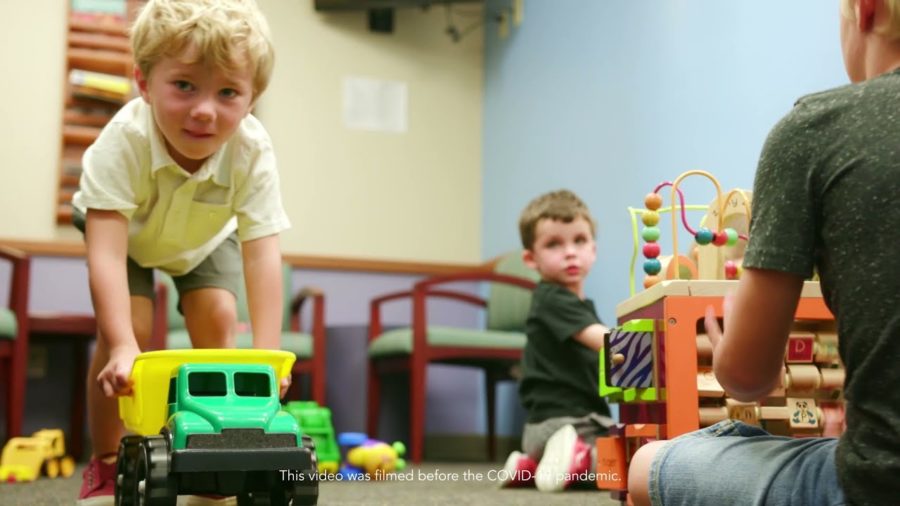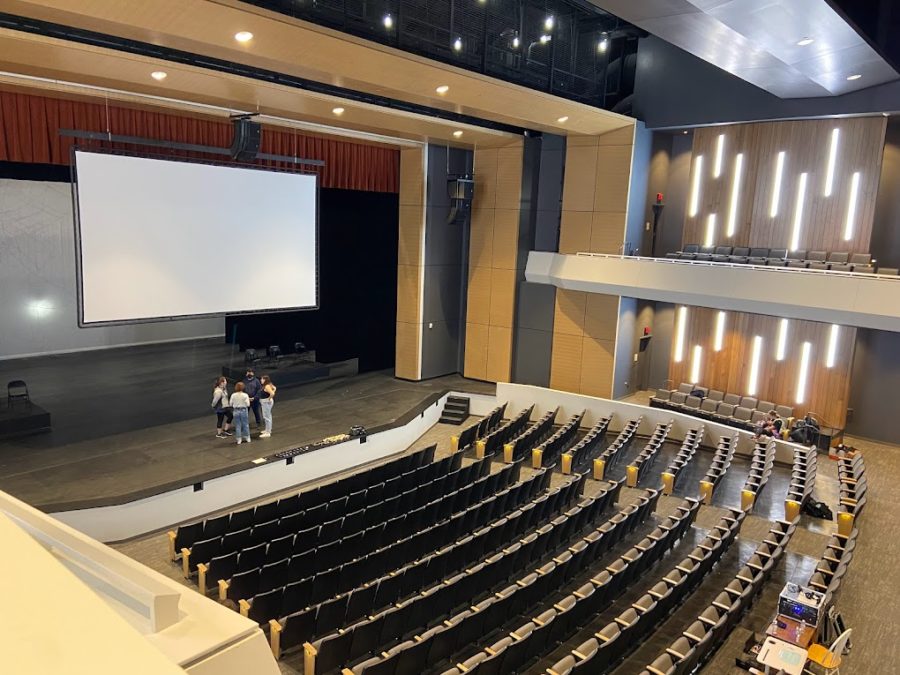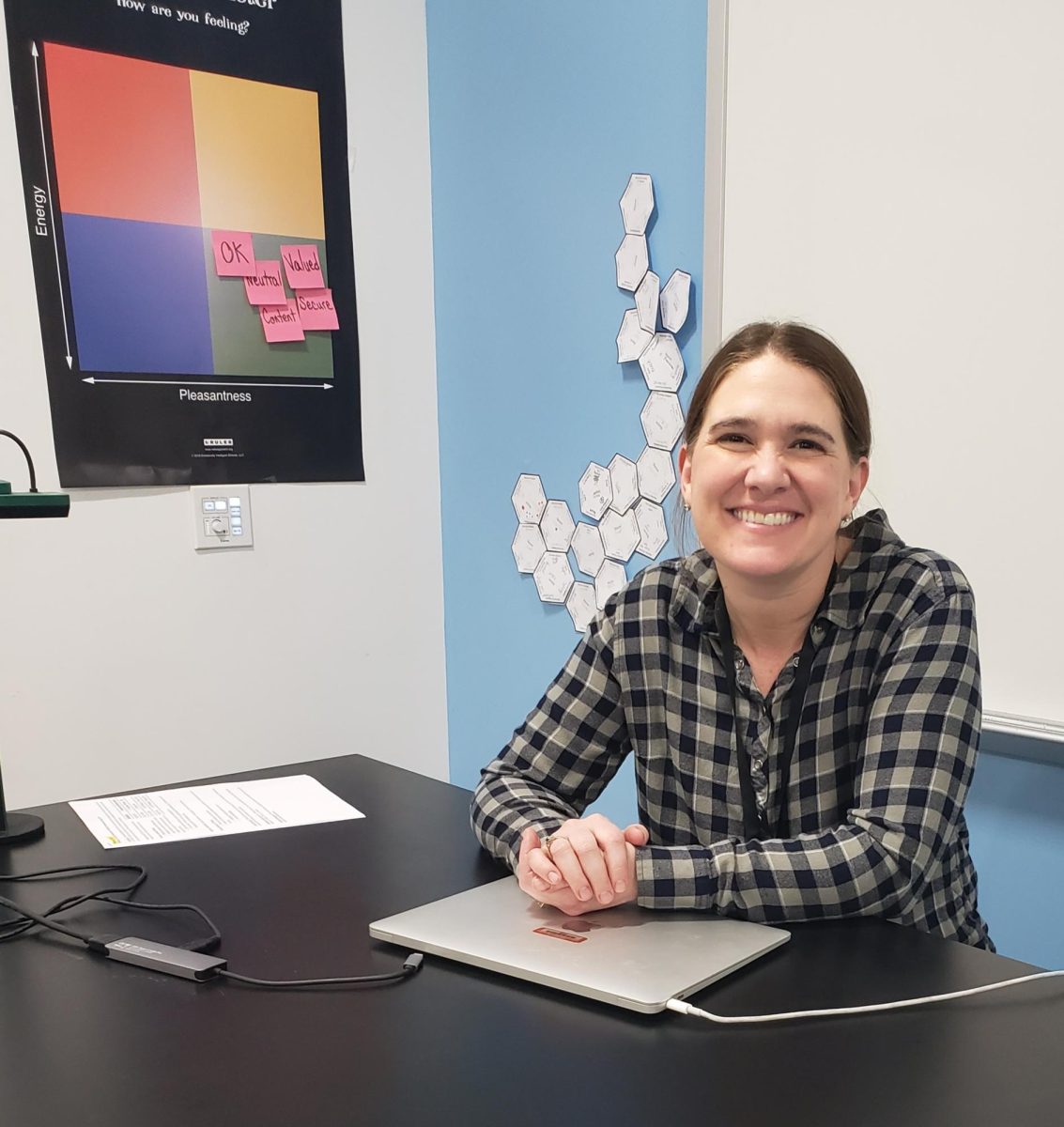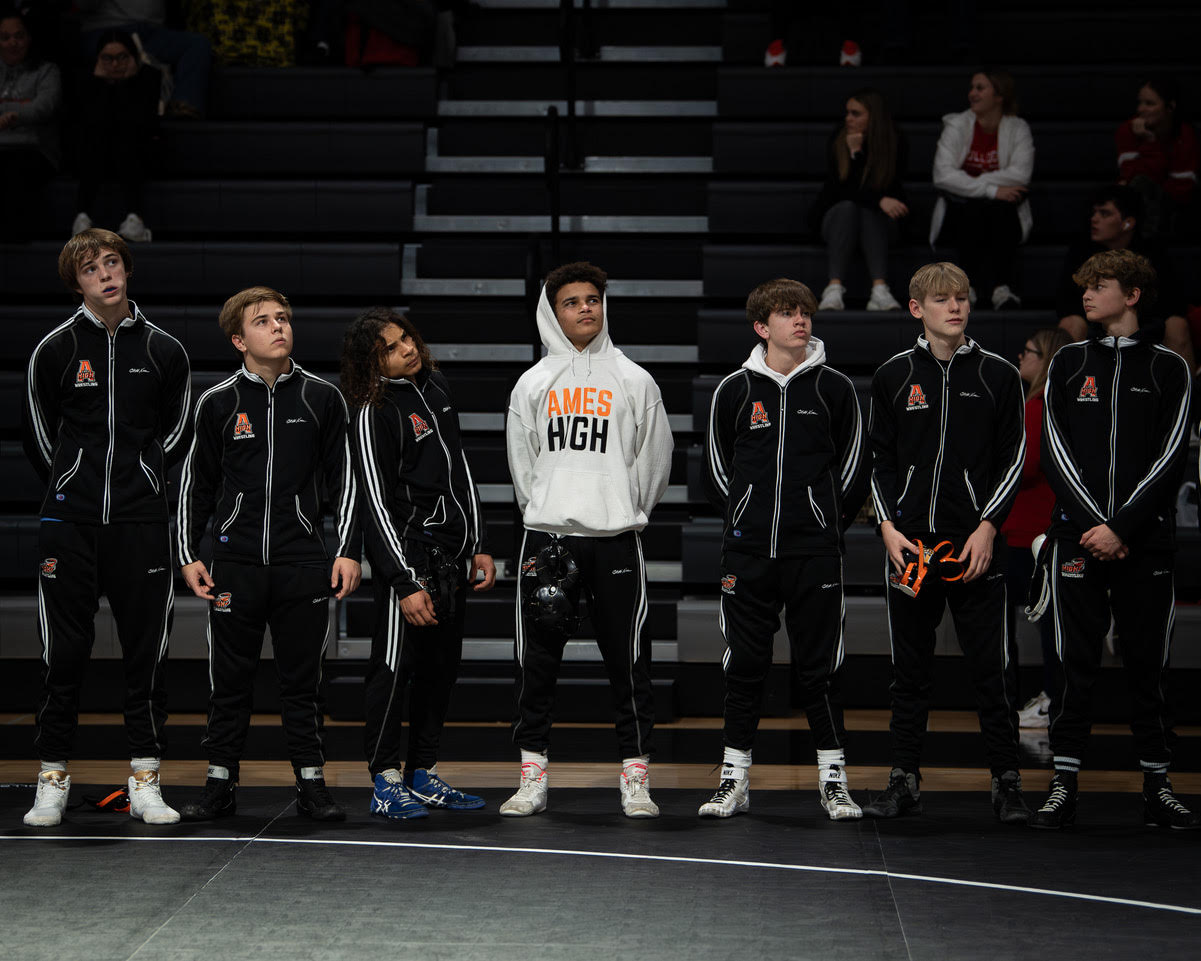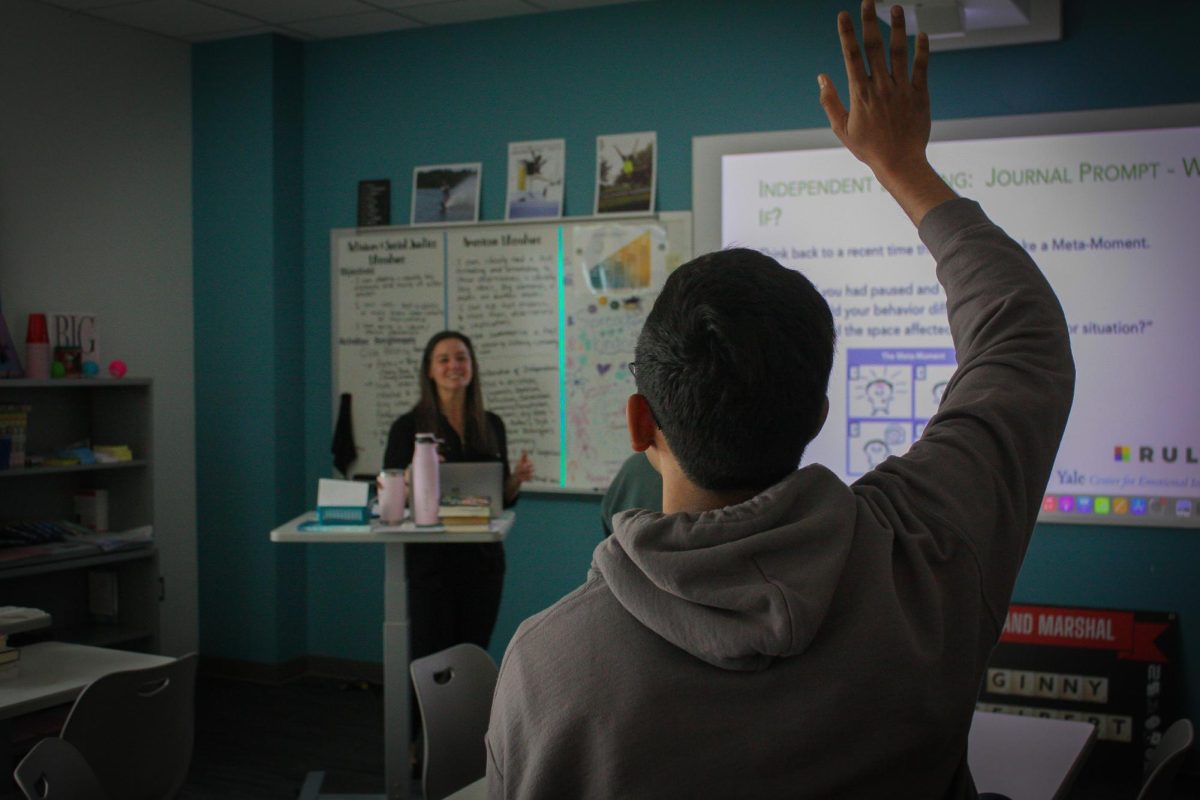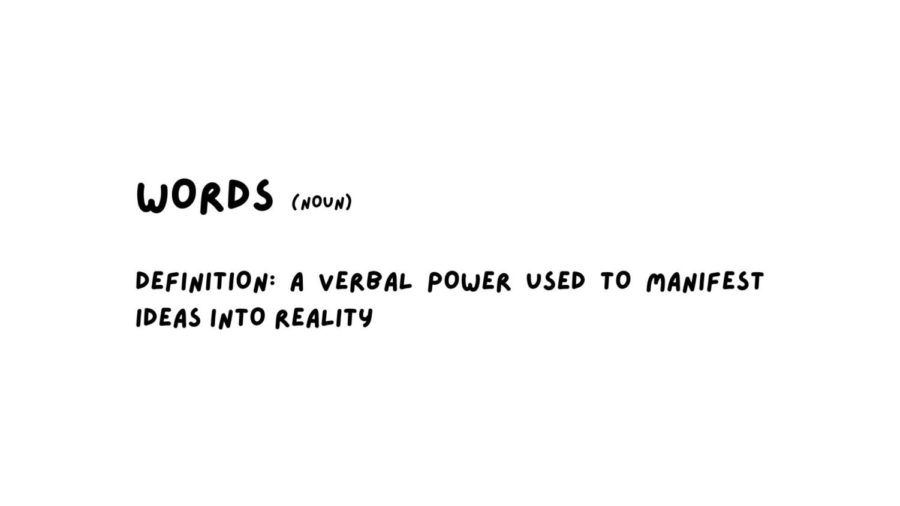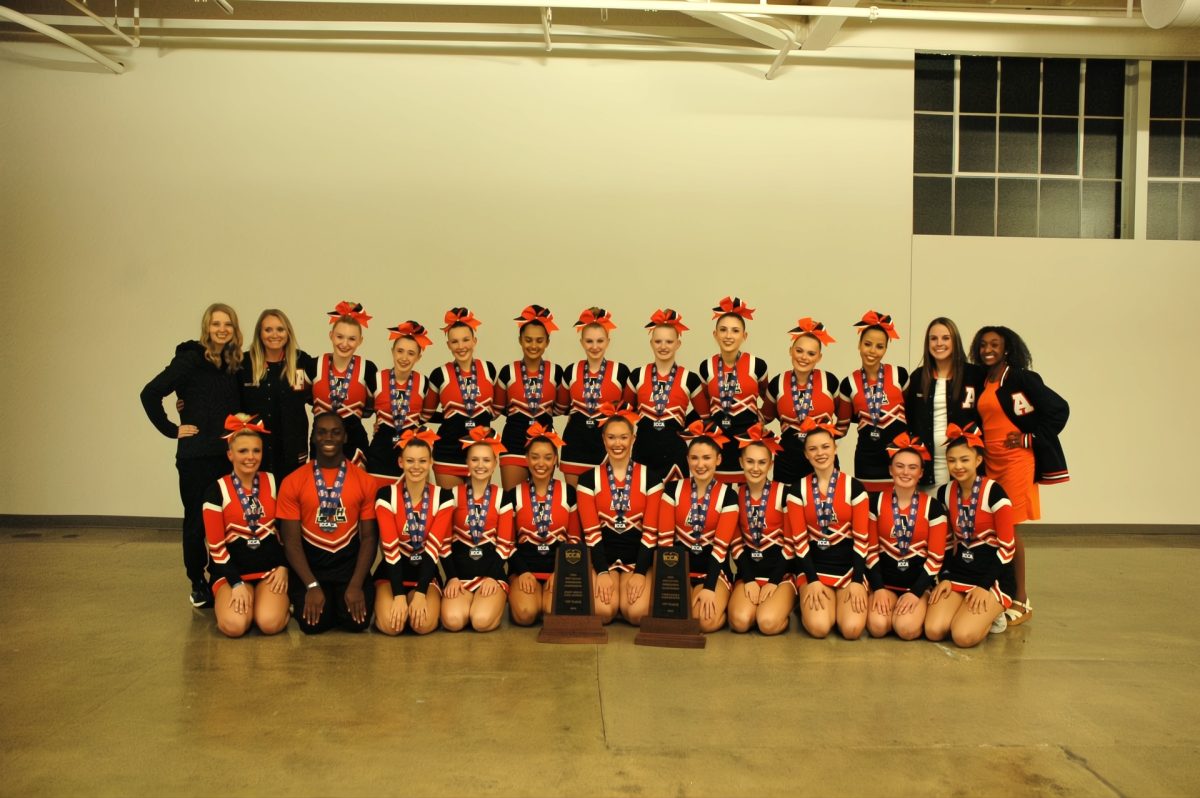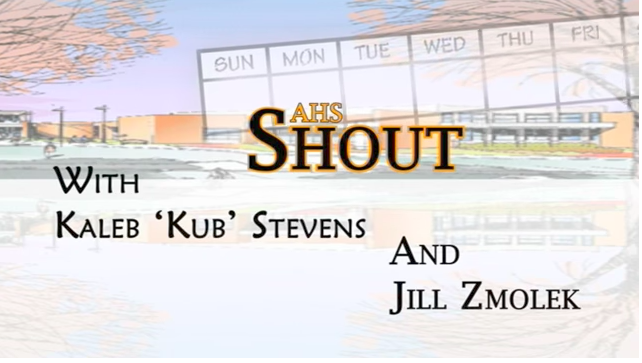[Editorâs Note: This is the second part of a two part series on homelessness. If you missed part one, you can read it at http://my.highschooljournalism.org/ia/ames/ahs/article.cfm?eid=8411&aid=129836.] âThe sad truth is that there really isnât a safety net for most people who lose their homes in this country,â said Vic Moss, the director of the Ames Emergency Residence Project. A law called the Personal Responsibility and Work Opportunity Reconciliation Act of 1996 placed lifetime limits on how much assistance a person can receive from the government. âThe idea was if you took away these supports, there would be more incentive for people to make it on their own,â Moss said. âThere may be some people who benefit, because it provided the incentive that some needed to start looking for work. In many cases, however, there are people who, while working, still canât afford to pay for their housing.â The welfare reform represented a philosophical shift in Americaâs mindset. The 1996 act was an example of Social Darwinism, the idea that Darwinâs theory of natural selection can be applied to people, as well. Social Darwinists believe that in order to build the strongest society, the âweakâ should be left behind. The opposing theory, which Moss takes, is that weâre all in this together, and the best way to strengthen a society is to help lift up those who need help. âI really disagree with whatâs happened, but Iâm in the minority when it comes to wanting to change this,â Moss said. âI believe that we should have a national policy that says if people work full time at a job that is important to our society, they should be able to earn enough, or get enough support, to afford the minimum necessities of life. That should not be a controversial belief. But in fact, you donât get anywhere with this when you try to make it legislative policy.â The fact that legislation like this is never really talked about is evidence of societyâs neglect of the poor. Even raising the minimum wage is extremely controversial, though it would have to be double what it is now to meet the lowest of living standards. âIt has always tailed way behind the cost of living,â Moss said. âIt was raised this year for the first time since 1997. After 10 years of no change, the increase wasnât even enough to make up for inflation that occurred during that time.â Even after the increase, Moss predicts that things will get worse for the poor. âThe benefit of having an increase in minimum wage will be lost in two or three years, and if they donât look at it again for another 10, people will be worse off than they are now,â he said. So why is the situation so grim? âThe poor have almost no political clout,â Moss said. âThereâs no organization of low-income individuals. Those at the bottom end are the least likely to be politically active. More than half of the people below the poverty line are children who canât vote. And their parents are often too busy or demoralized by just trying to survive that they donât get involved in caucuses or vote at a very high rate.â âThere are only a few individuals in the state lobbying on behalf of the low-income people, and for each of them there are probably several hundred lobbyists lobbying on behalf of the power structure in the state,â Moss said. The effects of this are seen when Representatives get hundreds of emails and phone calls overnight about a bill that has to do with banking, but little or no feedback when a bill about low-income housing or homelessness comes up. âThey take that silence as a lack of support for these issues, and think thereâs no need for it.â Evidence of the lack of power that poor people have can be seen in the practice of predatory car title lending. According to Moss, the practice was one of the biggest scams ever perpetuated in Iowa. âSome individuals found a loophole in the law that allowed them to charge unlimited interest. This was a case where desperate people would come in and give them a car title as collateral on a loan, and then have to pay interest rates reaching as high as 360 percent on the loan,â Moss said. âIt took three years of votes in the House and Senate to get this thing closed. The car title lenders had an organization and they were spending thousands of dollars lobbying and supporting legislatorsâ election campaigns, preventing closing the loophole.â What can ordinary people like you do to keep things from getting worse, and help bring people out of poverty? âBe an advocate for those who donât have a voice,â Moss said. That means getting involved politically, taking up a particular issue and finding out how the system works, using your time and anyone you can persuade to join you, and working on the issue. This doesnât just mean writing to your local legislator and saying, âGee, I wish youâd do something about homelessness.â âWhat you have to do is find out when issues are coming up, and find out which committee is meeting on it and when, and contact those people with proposed solutions,â Moss said. Most of the things happen behind the scenes, in committees and sub-committees. Finding out whatâs going on in these small groups is the first step. âItâs especially easy on the internet; you can track everything thatâs going on in Des Moines,â Moss said. âYou can use your time strategically, and accomplish a great deal, just by being organized. âYou can know when the time is to speak up, and when the time is to write a letter to the editor. If you write a letter today about an issue thatâs going to come up next year, people will have forgotten about it by then,â he said. If the letter is timed just right, however, when legislators are voting on specific bills, theyâll feel the pressure from that letter, regardless of which party theyâre in. âThe first priority of your senator or representative after getting elected may be to get re-elected. It may be almost irrelevant which party a person is a member of if they feel that a substantial number of people care about a certain issue and will express their concern elect orally.â Therein lies the key to conquering homelessness.
Categories:
Political causes for homelessness, potential student impact
Spencer Arritt
•
May 21, 2007
Story continues below advertisement
0
Donate to The WEB
$75
$450
Contributed
Our Goal
Your donation will support the student journalists of Ames High School, and Iowa needs student journalists. Your contribution will allow us to cover our annual website hosting costs.
More to Discover
About the Contributor

